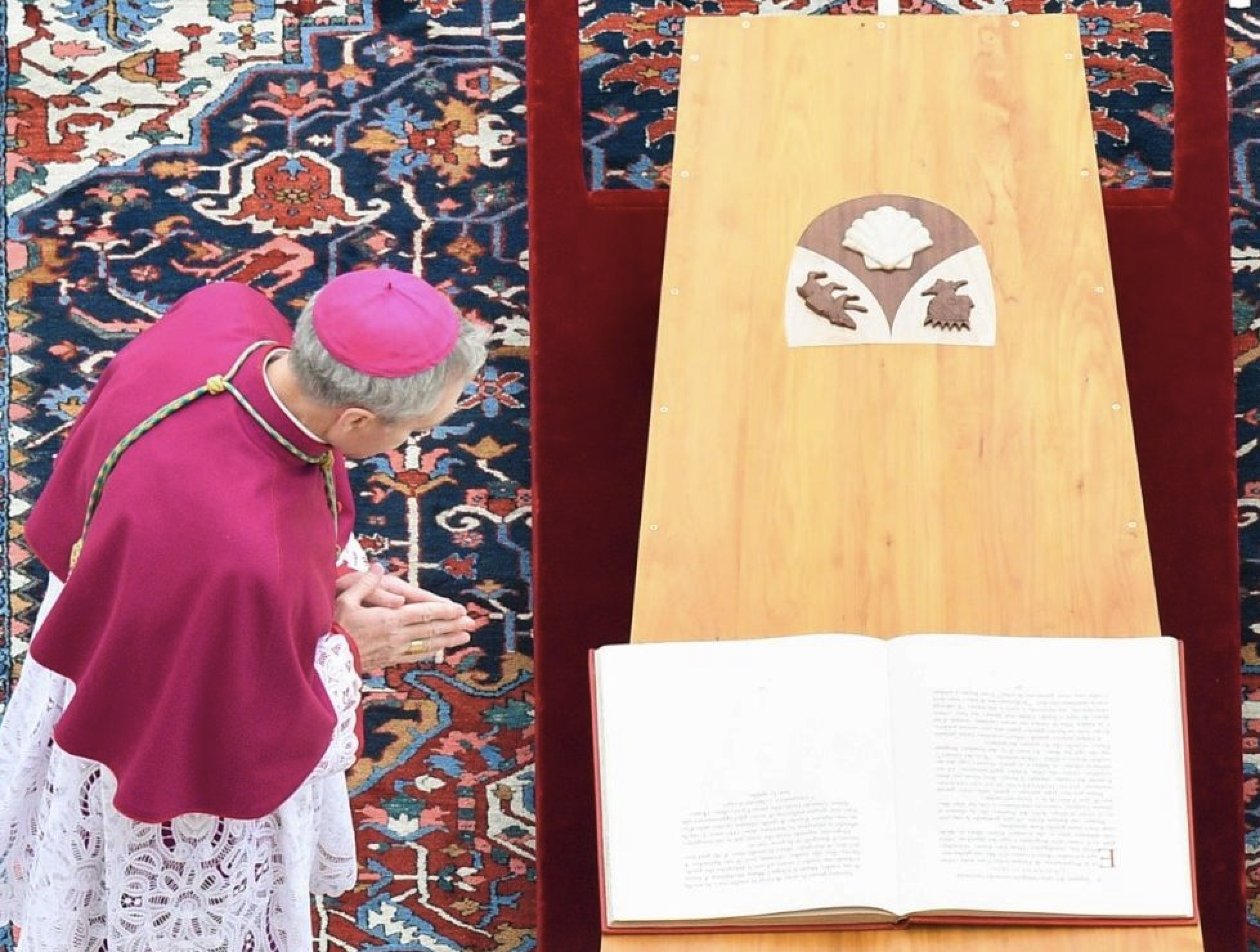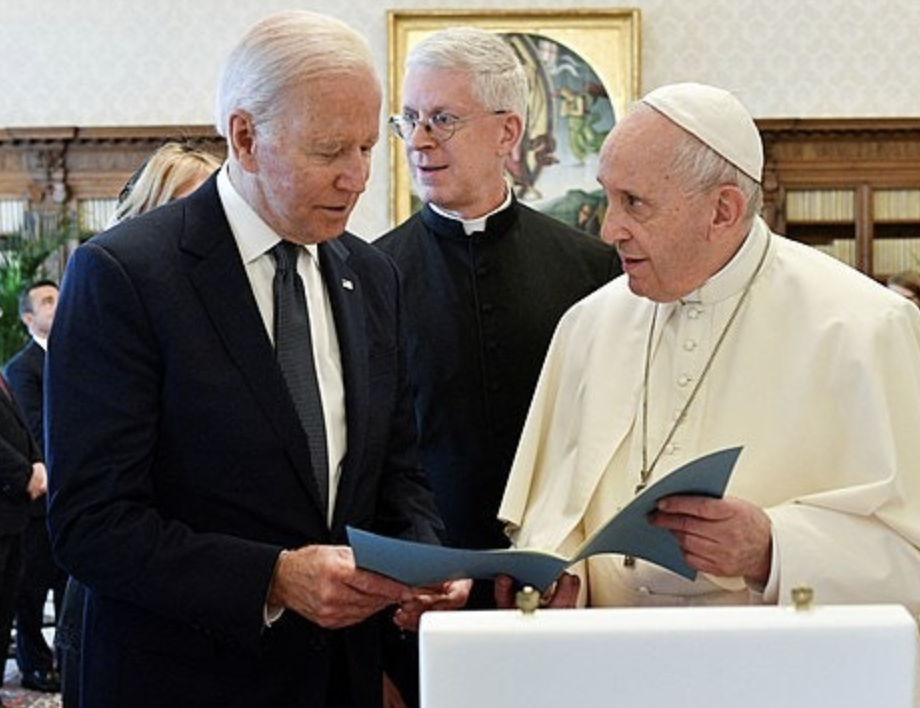The Catholic bishops of France admired the "marvelous display of beauty and joy" in the 2024 Olympics opening rites, but also slammed the blending of Christian sacred art, Greek mythology and the sexual revolution.
"This ceremony unfortunately included scenes of mockery and derision of Christianity," said the bishops. "We are thinking of all the Christians on every continent who have been hurt by the outrageousness and provocation of certain scenes."
That was soon followed by an appeal to the International Olympic Committee from a global circle of cardinals and bishops protesting "a grotesque and blasphemous depiction of the Last Supper. … It is hard to understand how the faith of over 2 billion people can be so casually and intentionally blasphemed."
But the Vatican remained silent for more than a week, while online combat raged between clergy, entertainers, academics, diplomats and armies of social-media warriors. Finally, the Holy See released a muted statement that it was "saddened" by the "offence done to many Christians and believers of other religions. … In a prestigious event where the whole world comes together around common values, there should be no allusions that ridicule the religious convictions of many people."
These debates raged on and on because few combatants could agree on what took place, in part because the opening ceremonies were quickly removed from the official Olympics YouTube and NBC Universal accounts.
However, photographs showed 16 or more drag and transgender performers, with one child, posed in "vogueing" stances along one side of a table, in front of the Seine River and Eiffel Tower. The edgy drama also included, with brief nudity, couples and threesomes prancing on a stylized fashion runway.
Eventually, a silver food dish opened to reveal, instead of bread and wine, singer Philippe Katerine – painted blue – portraying Dionysus, the Greek god of wine and ecstasy. Pointing to his groin, he sang (translated from French): "Where to hide a revolver when you're completely naked?"










